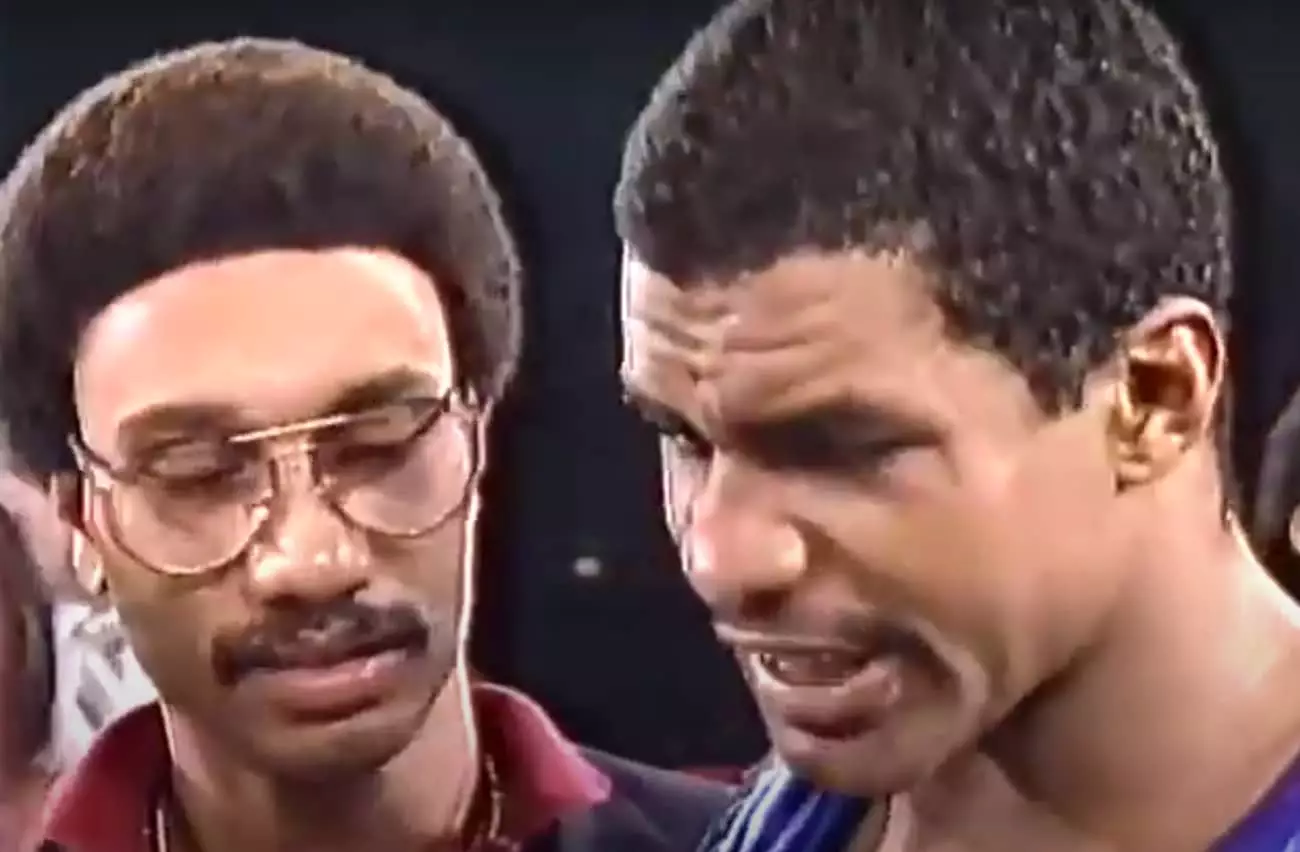Carlos De Leon, a name that resonates strongly within the boxing community, elicits diverse opinions, often characterized by the nature of his performances that varied unpredictably. This Puerto Rican sensation was often represented as a dichotomy—at times a dazzling master of the ring and at other moments a seemingly uninterested participant. His inconsistency often blurred the lines of his true potential, leaving many to question his legacy in the sport. That said, De Leon achieved remarkable feats, earning his place in the annals of boxing history.
Carlos De Leon ventured into the professional boxing world at an incredibly young age, making his debut in August 1974 when he was merely 15 years old. He quickly captured attention, displaying remarkable skill and an eye-catching knockout power that led him to an impressive string of victories. By the time he suffered defeat against Roberto Colon in 1975 and Ray Hammond in 1977, De Leon had already established himself as a force to be reckoned with, amassing a professional record of 29 wins and only two losses before challenging for a world title.
Despite some setbacks during these formative years, his resolve never wavered. When De Leon faced Marvin Camel in a title match on a monumental fight card headlined by Sugar Ray Leonard and Roberto Duran, he secured a narrow victory through a majority decision. This triumph was a pivotal moment for De Leon, who, at just 21, captured the WBC cruiserweight championship—a notable accomplishment heralding the beginning of his ascent in the boxing world.
Following his initial triumph, De Leon’s career resembled a rollercoaster ride, with glorious highs contrasted by alarming lows. While he clearly demonstrated his prowess by defeating Camel in a rematch, his unexpected loss to S.T. Gordon in just two rounds raised eyebrows and fueled skepticism. De Leon’s ability to rise promptly from adversity was remarkable, as he rebounded by besting respected opponents such as Ivy Brown and Leon Spinks, eventually reclaiming his title and becoming the first-ever two-time cruiserweight champion.
However, his tenure as champion was marked by inconsistencies. De Leon showcased dazzling displays of skill and boxing acumen in some bouts while appearing unmotivated and undisciplined in others. The crushing decision loss to Alonzo Ratliff in 1985 illuminated this inconsistency, leading many critics to ponder whether De Leon could truly capitalize on his immense talent.
Despite the fluctuations in performance, De Leon’s tenacity propelled him back to the pinnacle of the sport. His fight against Evander Holyfield in April 1988 was a definitive moment in De Leon’s narrative. While he ultimately fell short, being stopped in the eighth round, his ability to initially frustrate the boxing superstar was a testament to his tactical prowess. With a record of 44-5 at that point, De Leon transitioned into the later tenor of his career with a fierce determination.
His tenure saw him claim the WBC belt for the fourth time, albeit amidst mixed performances. A lackluster draw against Johnny Nelson raised questions about his commitment and dedication, which continued to haunt his reputation. This was followed by a controversial exit in Italy against Massimiliano Duran, where De Leon was disqualified for striking after the bell—a bitter end to what many would consider his declining years.
De Leon’s foray into transitions towards heavyweight boxing in the latter stages of his career yielded a mixed bag of results, as he concluded with a respectable 53-8-1 (33 KOs) record. His later years were more about survival and less about the thrill of championship glory as he engaged in an array of challenging bouts that tested his stamina.
Tragically, the abrupt end came far too soon when De Leon passed away from a heart attack in January 2020 at the tender age of 60. His legacy, while peppered with contradictions of brilliance and mediocrity, remains a topic of discussion among aficionados of the sport. De Leon was unquestionably a savvy boxer with a reservoir of talent, and despite the question of greatness lingering over him, many experts and spectators still cherish his legacy as one of the premier cruiserweights of his time—further proof that even amid inconsistency, greatness can be gleaned.
Thus, Carlos De Leon stands as a complex figure in boxing history, one who defined the unpredictable beauty of the sport itself. His journey serves as a reminder that the heart of a champion often beats in unpredictable rhythms, creating a narrative that is both compelling and timeless.

